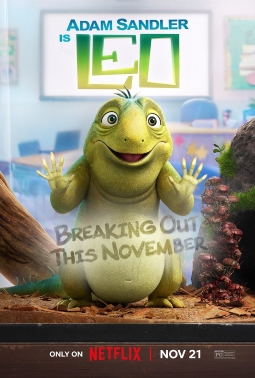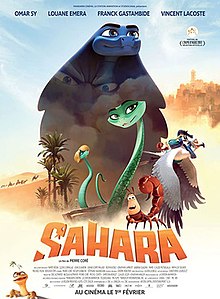
One of the latest in a long line of adaptations of Carlo Collodi’s magnum opus, and endlessly alluded to and ruined in some respects by activists, journalists, and politicians over generations, Guillermo del Toro’s animated adaptation focuses first on woodcarver Geppetto and his decade-old-son Carlo, who dies after an aerial bombing during the First World War, after which he carves the eponymous puppet out of pine (hence its name), with a Wood Sprite granting it sentience, after which the titular Pinocchio attempts to live up to his father’s expectations while differentiating right from wrong, with the signature element of his nose prolonging whenever he fibs returning from prior versions.
The setting mostly differentiates del Toro’s adaptation from prior ones, mostly during the interwar period before the First and Second World Wars, with Italy’s fascist government taking notice of the alleged immortal puppet and yearning for him to receive indoctrination via formal education. At the same time, a carnival master named Count Volpe, a human stand-in for the fox from prior Pinocchio films (his pet monkey standing in for the silent cat) yearns to use the wooden boy to rise in fame, which leads to a performance before dictator Mussolini, although around this time the puppet begins to develop a greater sense of morality.
Pinocchio begins to form a friendship with Candlewick, the son of a military commander who initially discovers him, and both are conveyed to a military training camp, with the result of a training exercise proving critical to the film’s sociopolitical commentary of familial and national loyalty and such, mercifully not ham-fisted. The adaptation settles most of its characters’ fates, with the ending being bittersweet, and overall justifying the Best Animated Feature Academy Award; despite obviously not being faithful to the book aside from some standard elements, it's a great film on its own, with some good music as well and great voice performances.



